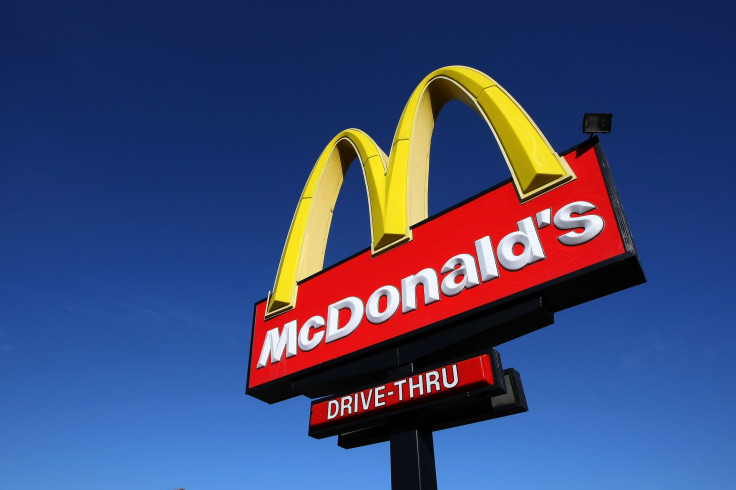5-Year-Old Dials 911 To Order McDonald’s, Police Deliver Fast Food

A 5-year-old boy called 911 Sunday because he was craving McDonald’s. To his amusement, the police ended up delivering fast food to his house.
Iziah Hall dialed the emergency services from his home in Wyoming, Michigan, because he did not want to wake up his grandmother to get him some food, ABC-affiliated WZZM 13 reported. When the emergency dispatcher Sara Kuberski picked up his call, he asked her, "Can you bring me McDonald's?"
Confused and unsure of what she had heard, the dispatcher asked, "I'm sorry what?" When Hall repeated his words, Kuberski said, "No I can't bring you McDonald's."
After the short conversation, Kuberski reached out to Wyoming police officer Dan Patterson and told him what had happened.
"I was laughing to myself... 5-year-old calls dispatch and orders McDonald's," Patterson said. "I figured hey I'm driving past McDonald's on my way there and I might as well get him something.”
Patterson did end up picking something up from the fast food restaurant before heading to the boy’s home. No one answered the front door so the officer knocked on the 5-year-old’s room’s window. "I think the first thing he said to me was, 'My grandma's gonna be so mad, can you please go away?' Patterson said.
Kuberski later explained that the incident in question was a one-off and urged people to not misuse emergency services.
"We get a lot of people who are letting their kids play on their cell phones and a lot of them are deactivated and parents don't realize they can still call 911," Kuberski said. "We all thought it was really cool that Officer Patterson went over there with the McDonald's so it kind of made our night.”
A government website informing citizens of the proper usage of 911 states that it was not uncommon for people to misunderstand the appropriate times to call the emergency services. “Generally speaking, people are aware that they should call 911 in an emergency, but they are less aware of the circumstances in which they should not call 911. The result is that many requests to 911 do not involve true emergencies, which overloads the 911 system with non-emergency calls,” the 911 website stated.
It added: “If you dial 911 by mistake, or if a child in your home dials 911 when no emergency exists, do not hang up – that could make officials think that an emergency exists, and possibly send responders to your location. Instead, simply explain to the call-taker what happened.”
Another website run by the American College of Emergency Physicians stated that some of the circumstances in which a 911 call was warranted were serious medical emergencies (like respiratory troubles, erratic heartbeat, dizziness, difficulty in speaking, sudden blindness, heavy bleeding, broken bones, severe burns, allergic reaction, poisoning and witnessing someone fainting), when one’s life was in danger (for example, caught in a house fire or someone was threatening one’s life) or when one witnessed someone else make a threat against a third person or entity.






















